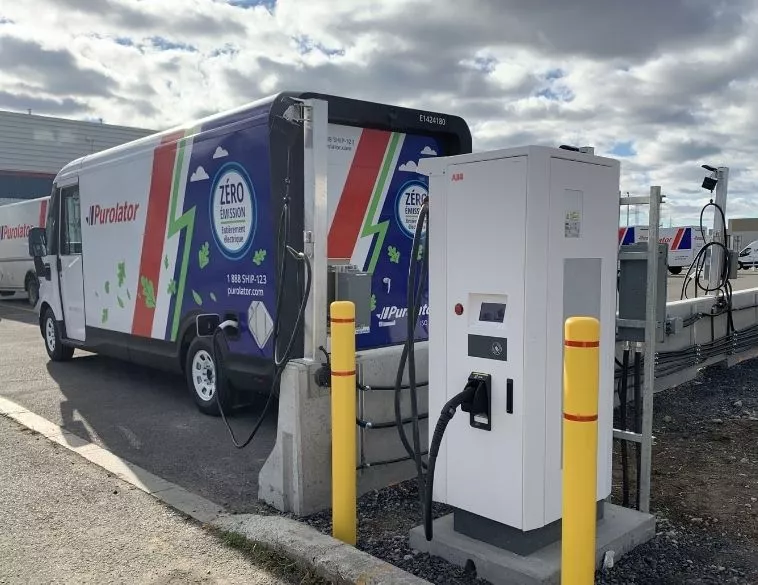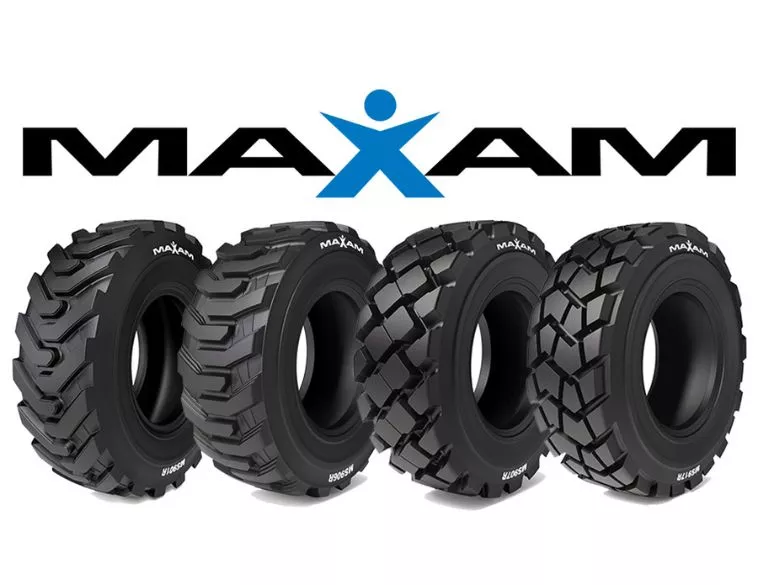AI: Boom or Bust?


Can AI really help fleet managers make critical decisions?
Artificial intelligence (AI) is everywhere. Whether you embrace it, or fear that it will take your job, it seems that AI is here to stay. Already in use in many industries, fleet professionals would be right to wonder if AI can help them make critical decisions when buying and selling vehicles.
“I think AI can assist the user to access information more quickly,” says Basil Marcus, President of Foss National Leasing, “but you still need someone who understands the makeup of each vehicle. Building a vehicle is very custom, especially a commercial vehicle. We rely heavily on our account managers and vehicle specification specialists to get that fit-for-purpose vehicle for the customer.”
Marcus says that currently, he doesn’t see AI playing a big part in choosing vehicles for fleet professionals. “AI can certainly collect data, analyze it and drill down into it,” he adds, “and that will help you with your decision making. I’d say that you don’t look at AI as a thought leader, but as a thought partner. You’re still going to need professionals to help you understand your needs—at least for now.”
The need for quality data
Brianna Perry, Product Marketing Manager at Fleetio says that AI has potential, but only if it’s grounded in the fleet’s actual data. “Instead of broad assumptions, AI can ground recommendations in a fleet’s unique data for routes, loads, and usage patterns so fleet managers can see the true lifetime cost and performance of each option,” she explains. “If a fleet is evaluating EVs, AI could help a manager see if an EV would reduce costs once they factor in charging times and electricity rates.”
If a fleet is evaluating different makes and models, Perry adds, AI can help a fleet manager see where a lower cost, or more fuel-efficient model would do the job just as well as what they have in their fleet currently.
“Right now, a lot of fleet managers have to make those choices by stitching together data from different sources, or relying heavily on gut instinct and vendor claims,” she says. “AI has the potential to change that by giving managers personalized recommendations based on their specific fleet history and operations. It doesn’t replace their expertise, but it takes the burden of combing through every variable on their plate, and surfaces options that are already tailored to their unique context.”
Bob Bradley, Vice President, Data Science & AI Engineering at Geotab points out that AI enables fleet managers to move beyond generic purchasing decisions by providing insights tailored to their specific operational needs.
“By analyzing insights, including historical driving patterns, payload requirements, route types, and environmental conditions, AI can help determine which vehicle specifications will deliver the best performance, and lowest total cost of ownership,” he explains.
Bradley offers the example of a fleet that might be considering whether to transition certain routes to electric vehicles. “AI can analyze duty cycle data, such as average trip length, number of stops, dwell times, and load weights, alongside external variables like local traffic congestion or weather,” he says. “From this, AI could reveal that half the fleet’s daily routes are under 120 km with long idle periods, making them ideal for EVs, while the other half exceed current EV range limitations, making hybrids or ICE vehicles a better fit.”
AI-assisted remarketing
At the other end of the lifecycle spectrum, is there a place for AI when fleet professionals are remarketing their vehicles? Fleetio’s Perry believes that AI can certainly help fleets decide the right time to cycle out a vehicle.
“Right now,” she says, “many managers lean on mileage thresholds or gut feel. A lot of fleet managers tasked with making these decisions know from experience when a vehicle is starting to become a headache. AI adds another layer by looking at, and identifying patterns. It can flag when the cost of keeping a vehicle likely outweighs the benefit of selling it.”
Where it gets interesting, she adds, “is not just the recommendation. It’s the world where once a fleet identifies a vehicle as a disposal candidate, a workflow kicks off that tags the vehicle accordingly, notifies the right person, and kicks off a checklist. Those pieces aren’t fully seamless in one solution yet. Over time though, we’ll likely see those layers blend more closely.”
Geotab’s Bradley agrees that AI can help fleet managers remarket their vehicles more effectively. “AI can play an important role in predictive replacement strategies,” he explains. “By analyzing data on vehicle utilization, operating costs, mileage, depreciation, and maintenance trends, AI can estimate the optimal time to cycle a vehicle out of the fleet.”
He offers an example: “If predictive analytics show that a truck’s maintenance costs will soon outpace its residual value, fleet managers can make informed decisions about remarketing before costs escalate. This helps maximize resale values, minimize downtime, and ensure fleets are operating at peak efficiency. Predictive replacement is particularly valuable for large fleets, where small timing adjustments can translate into significant cost savings over time.”
First steps and key considerations
While the power of AI certainly seems compelling, figuring where and how to get started can be a daunting task. Fleetio’s Perry admits that AI can feel like an all or nothing leap, but she explains that the real first step is focusing on clean, consistent data and automating the basics.
“When odometer readings, service histories, and fuel transactions are automatically captured, fleet managers save admin time today, and set the foundation for accurate insights in the future,” she says. “It’s also worth remembering that AI won’t always get it right. Recommendations should be transparent and reviewed in context. Managers bring the expertise to decide whether a suggestion makes sense for their business.”
While AI can help fleet professionals make procurement and remarketing decisions, Geotab’s Bradley says that AI can also make a difference in another key area of concern: driver safety.
“AI can analyze historical collision data, driver behaviour and road conditions to recommend vehicle technologies that improve safety outcomes,” he explains. For example, AI can help select vehicles with advanced driver assistance systems (ADAS), or AI can be incorporated into dash cams that provide real-time alerts for distracted or risky driving.
“Beyond preventing incidents, safety-focused procurement plays a direct role in retention,” Bradley adds. “Drivers who feel supported with safer, more reliable vehicles are more likely to stay with their employer, reducing turnover and its associated costs. AI-powered procurement is not only about managing vehicles, it’s about protecting people, enhancing operations, and ensuring fleets remain competitive for the long term.”




